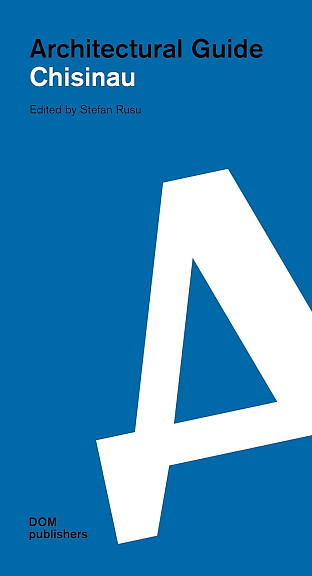-
Книги
- Нонфикшн
- Гуманитарные науки
- Деловая литература
- Естественные / Точные науки
- Книгоиздание
- Лайфстайл
- Словари / Энциклопедии
- Художественная литература
- Детектив
- Драматургия
- Классическая проза
- Мифология. Эпос
- Поэзия
- Собрания сочинений
- Современная художественная проза
- Фантастика. Фэнтези
- Биографии / Мемуары
- Графические романы / Комиксы
- Детские книги
- Воспитание. Педагогика
- Детский досуг
- О детских книгах
- Познавательная литература
- Художественная литература для детей
- Журналы / Зины
- Архитектурные
- Гуманитарные
- Журналы о моде
- Зарубежная периодика
- Искусство / Фотография
- Кино / Театр
- Лайфстайл
- Книги «Подписных изданий»
- Книги на иностранных языках
- Английский язык
- Испанский язык
- Итальянский язык
- Книги на иностранных языках для детей
- Немецкий язык
- Финский язык
- Французский язык
- Шведский язык
- Книги о кино
- Книги о музыке
- Книги о средневековье
- Книги о театре
- Книги о фотографии
- Книги об искусстве / Книги об архитектуре
- Альбомы по искусству
- Архитектура
- Декоративно-прикладное искусство
- Живопись
- Искусствоведение
- Орнаменты
- Прочее
- Танец
- Татуировка
- Творческое развитие
- Книги по философии
- Кулинарные книги
- Николай Солодников рекомендует
- Предзаказ
- Про дизайн / Про моду
- Путеводители / Книги о путешествиях
- Канцелярские товары
-
Подарки
- Брошки и значки
- Гирлянды
- Закладки
- Игры
- Календари
- Наклейки
- Наши сувениры
- Открытки
- Всякие-разные
- Наборы открыток
- Поздравления
- Про любовь и другие хорошие чувства
- С писателями и поэтами
- С цветами, овощами и фруктами
- С цитатами и другими фразами
- Подарочные сертификаты
- Постеры
- Прочее
- Сумки и шоперы
- Упаковка
- Подарочные сертификаты
Адрес магазина: Санкт-Петербург, Литейный пр., 57
Chisinau. Architectural Guide
| Издательство | DOM Publishers |
|---|---|
| Год издания | 2023 |
| Переплет | Мягкий |
| Страниц | 288 |
| Формат | 135x243 мм |
| Язык | Английский |
| ISBN | 978-3-86922-548-7 |
| Артикул | 1183003 |
Chisinau, today the capital and largest city of the Republic of Moldova, has undergone tumultuous changes under the successive political regimes that marked the twentieth century. Once part of the territory seized by the Russian Empire, it was integrated into the Romanian Kingdom during the interwar period, before being annexed by the USSR, like all of Bessarabia, and radically transformed into a socialist city.
This guide focuses on the latter period. The distinct urbanistic and architectural tendencies after the Second World War are reflected in the five segments of the book: the Stalinist Empire, Soviet Modernism, Postmodernism, Soviet Brutalism, and the Industrial City. Each reflects the essential Soviet mandate to build not only a new city, but also a new society.
In addition to photographic documentation and critical analysis of socialist architecture, the guide also includes essays on Chisinau’s development between 1945 and 1989, devoted among other things to the city’s cinemas and life in ‘microraions’.
This guide focuses on the latter period. The distinct urbanistic and architectural tendencies after the Second World War are reflected in the five segments of the book: the Stalinist Empire, Soviet Modernism, Postmodernism, Soviet Brutalism, and the Industrial City. Each reflects the essential Soviet mandate to build not only a new city, but also a new society.
In addition to photographic documentation and critical analysis of socialist architecture, the guide also includes essays on Chisinau’s development between 1945 and 1989, devoted among other things to the city’s cinemas and life in ‘microraions’.
Подписка на рассылку
Мы будем присылать вам обзоры книг, промокоды и всякие-разные новости


